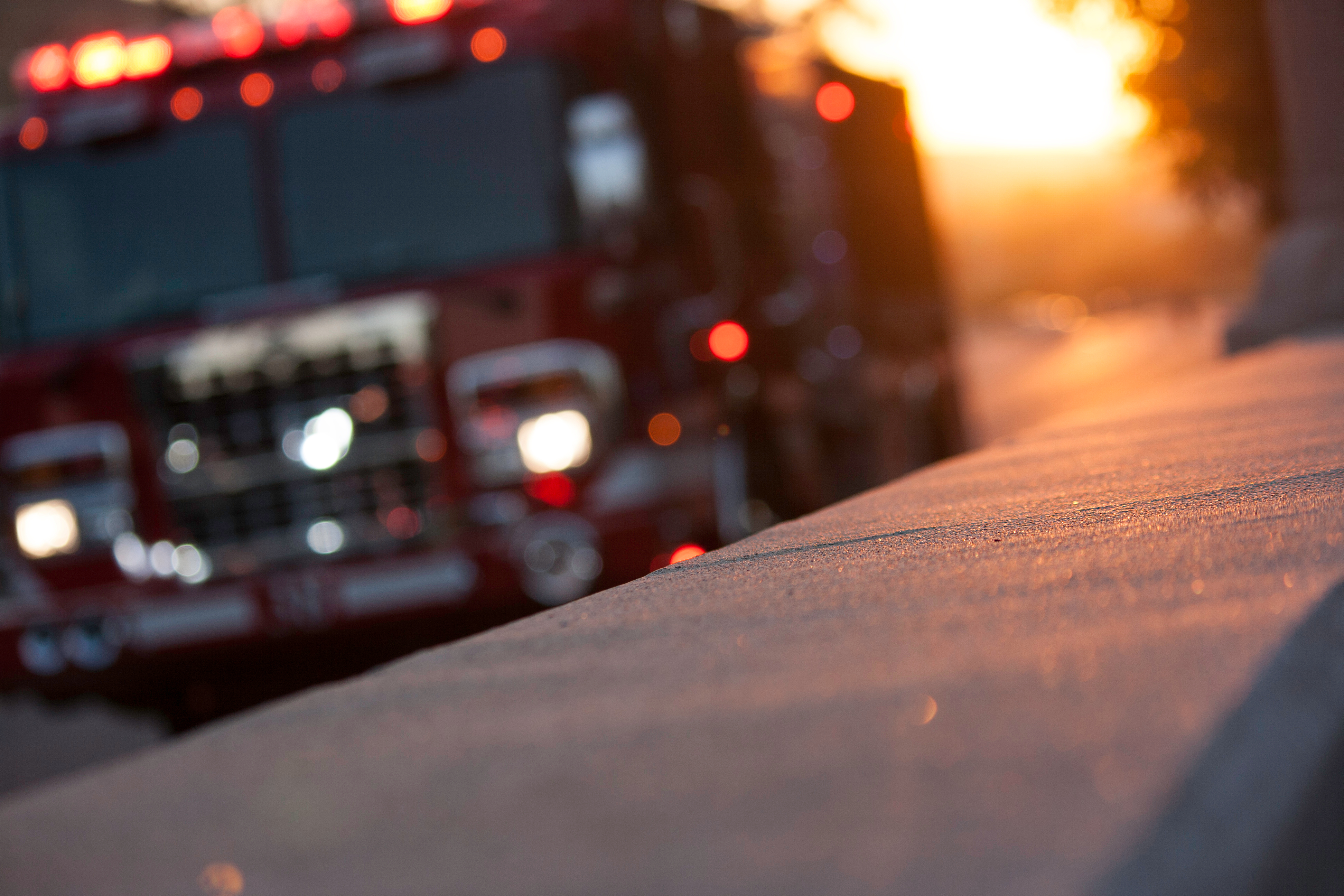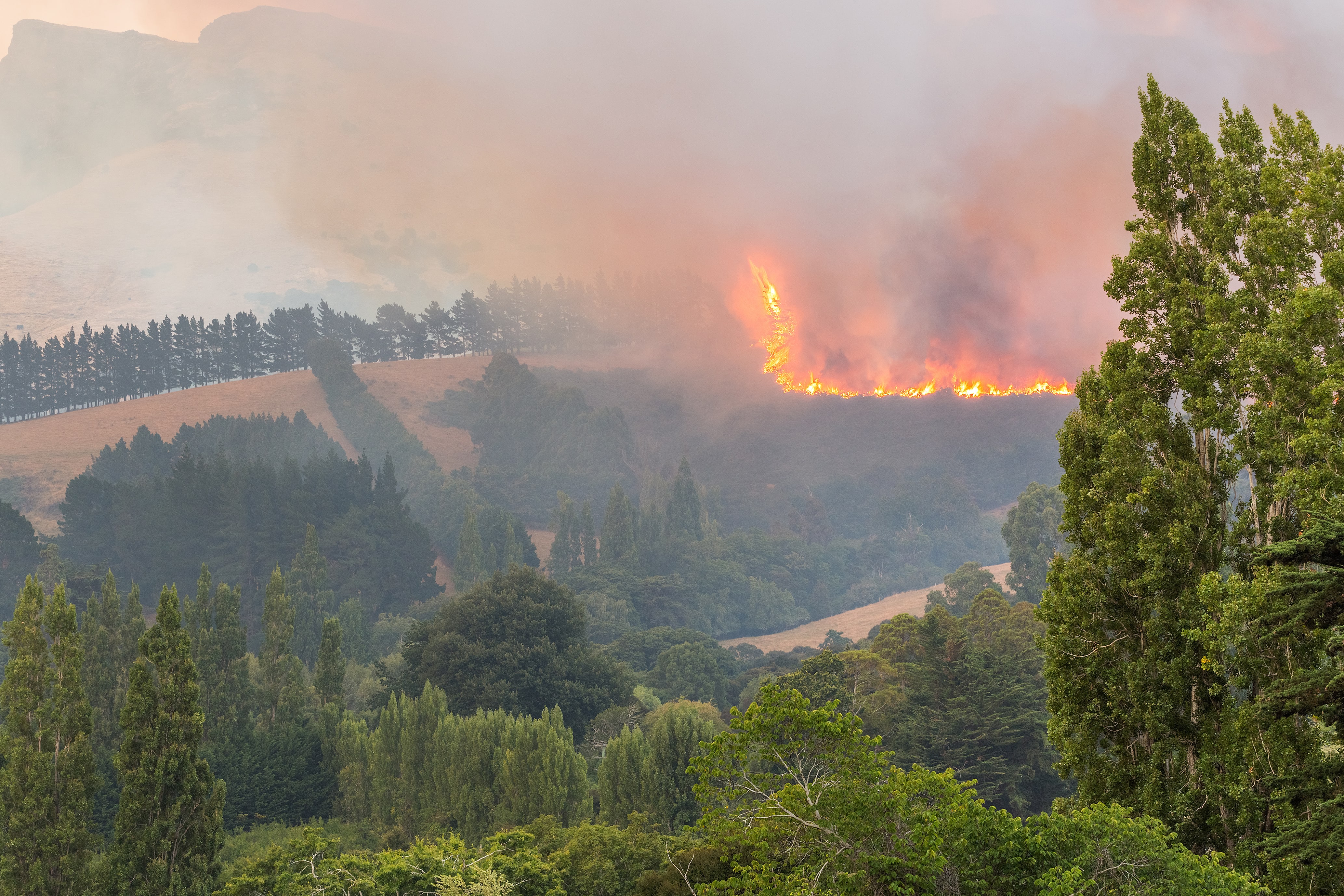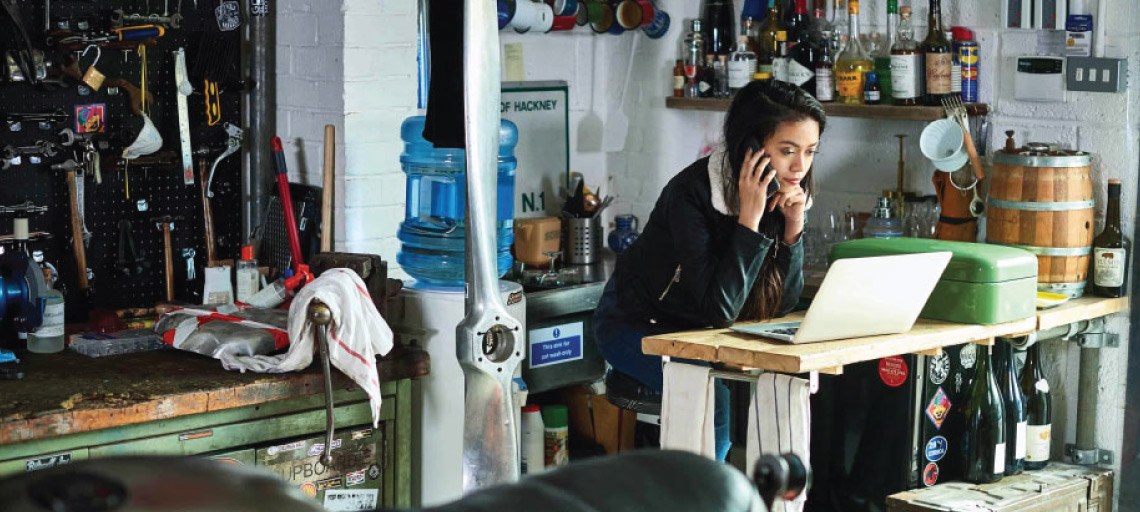What we cover
Many business owners think it’ll never happen to them but being prepared for a commercial fire helps protect you against property and asset loss, and most importantly, can save lives.
The common causes
According to a UK-based report, following a disaster like a fire, 25% of businesses never re-open. NZI Risk Management Consultant, Brett Wallace, considers risk management important because although insurance exists as a backstop, fires are still hugely disruptive to businesses and their customers. The leading causes of commercial fires in New Zealand are electrical faults, hot work (like welding and grinding), heating equipment, and cooking equipment.
The accidental fire at SkyCity that burned for three days in 2019 was caused by a gas torch lighting a cardboard roll. The ceiling fire at the care centre Summerset in the Vines in September of 2021 was started by a light fitting. These recent examples of devastating damage to New Zealand businesses highlight the risk these fires pose to business owners.
" According to a UK-based report, following a disaster like a fire, 25% of businesses never re-open.
How to manage the risks
Some simple control measures can help prevent these incidences. An NZI risk management consultant is able to provide a tailored risk assessment for your business. The check lists below and helpful guides are also a great place to start in reducing the risks of a commercial fire.
Preventing electrical faults
Download our Electrical Safety Guide here.
Preventing hot work fires
Download our Hot Work Fire Safety Guide here or ask your broker for an NZI hot work permit.
Preventing heating equipment fires
Download our Wood Workers or Spray Booth Risk Management Guide here.
Preventing cooking equipment fires
Download our Deep Fryer Risk Management Tips here.


